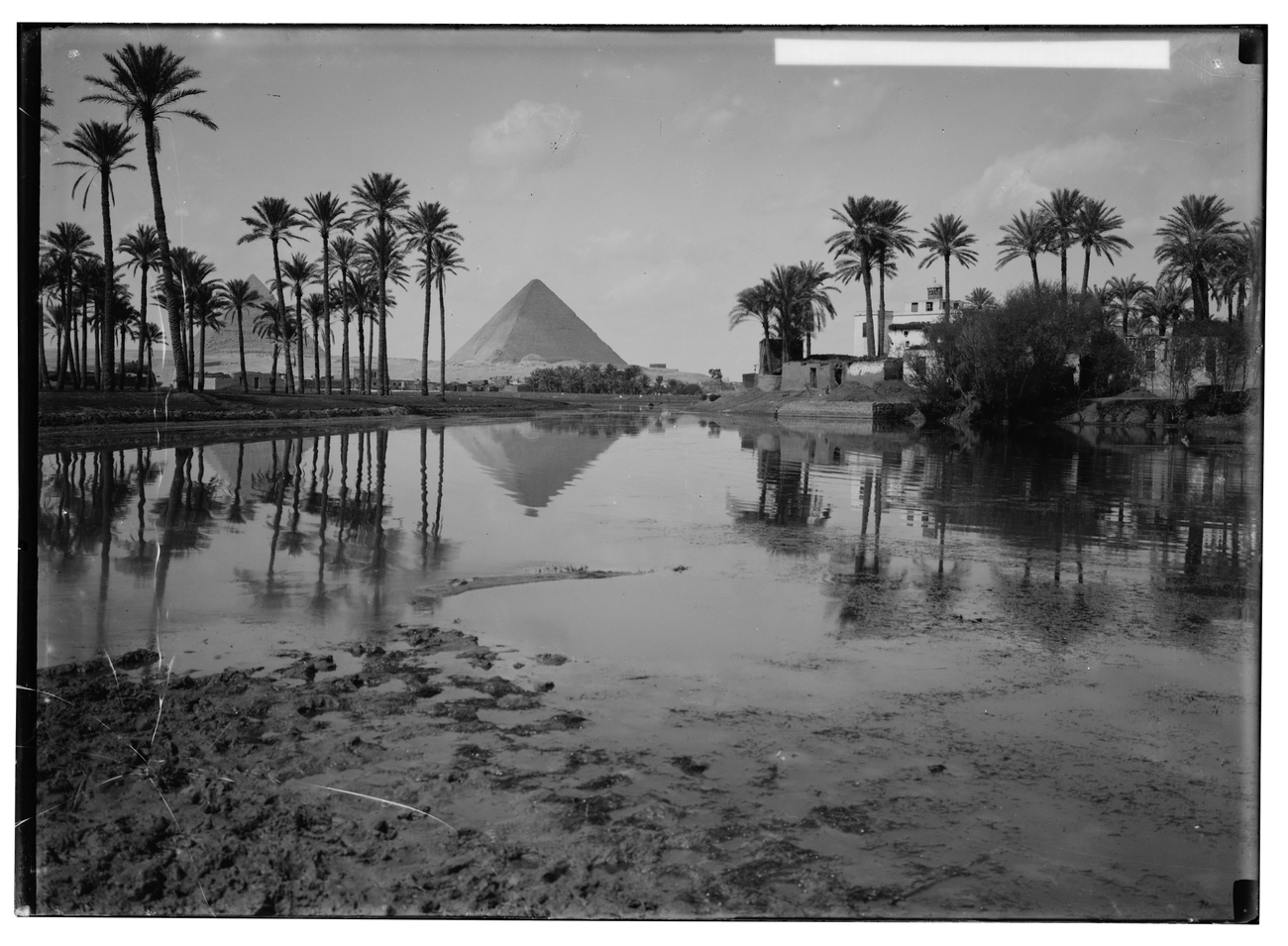A Pesach Drash
Revolutionaries often read the Exodus story as a clarion call to sacrifice others. They should try a little patience and tenderness instead.



The Exodus has a long post-biblical political history. The march from slavery to freedom in the Promised Land has inspired many movements for social and political transformation. It was a common theme of Puritan preachers during the English Revolution of the 1640s. It was invoked often during the American Revolution, not only by preachers but also by political leaders—Benjamin Franklin among them. Black slaves in the American South sang of their hoped-for liberation in Exodus language—“Let my people go!”—and the story played a part in the American Civil Rights Movement of the 1960s and in the struggle against apartheid in South Africa. The book of Exodus is the central text for Catholic liberation theology.
But the Exodus has also been used for purposes with which we are likely to be less sympathetic. The story of the golden calf (I know it well; it was my bar mitzvah parsha) has figured in many defenses of revolutionary violence and terror. In 1926, Lincoln Steffens, the American journalist and muckraker, published a book called Moses in Red: The Revolt of Israel as a Typical Revolution. The red Moses was Lenin, and Steffens described the purge of the Mensheviks as a modern version of Moses’ order to kill the worshippers of the golden calf. That is what revolutionaries do, he claimed, when challenged by a counterrevolution.
But my favorite example of the use, or misuse, of the Exodus has to do with the long years in the wilderness; it’s my favorite because the allusion is hidden; it is a Marrano story. In 1793, Collot d’Herbois, one of the Jacobin leaders and a member of the Committee of Public Safety, was asked how long the Terror would go on (it had only just begun). “Thirty to fifty years,” he responded. He meant 40 years, the wilderness years, but religious references were frowned on by the revolutionaries. They drew inspiration from the history of the Roman Republic; they knew the classical texts and preferred to forget the biblical texts that they also knew. D’Herbois had a tough message and he delivered it in the “forgotten” language. The generation of royal subjects, like the generation of Egyptian slaves, had to die out (or be killed) before there could be true liberation. Only the next generation, raised in the wilderness, in the years of transition, would be capable of republican citizenship. It’s an old story; the Jacobin position was restated by Bertolt Brecht in a famous verse: “We who wished to lay the foundation for kindness could not ourselves be kind.” Revolutionary cruelty for one generation; the promised land for the next one.
No revolutionary leader has a right to sacrifice one generation, not even to ensure the ‘complete blessedness’ of the men and women of some future age.
Hayim Greenberg, a forgotten figure these days, but one of the greatest Jewish American intellectuals, wrote a classic response to this argument. Greenberg edited The Jewish Frontier for many years and wrote impressive essays on Judaism, socialism, and Zionism (recently collected in a lovely volume, The Essential Hayim Greenberg, edited by Mark Raider). In one of those essays, “Socialism Re-examined,” written in 1941, Greenberg insisted (in italics) that “there are no transitional generations in history.” We must not look upon any generation “as fertilizer on the fields of future history.” Just as every individual is an end in himself or herself, so is every generation an end in itself. No revolutionary leader has a right to sacrifice one generation, not even to ensure the “complete blessedness” of the men and women of some future age. And then comes the Exodus reference: From now on, Greenberg writes, radicals, revolutionaries, and the socialists to come “will be more modest and too skeptical to believe in some Canaan for the sake of which it is permissible to sacrifice an entire generation.”
That may be too optimistic a line, but it gets the necessary modesty and skepticism right. What they require in the political struggles of our own time is the opposite of what Brecht imagined: kindness now. Or, my own recommended political slogan: no promised land without you and me.
Michael Walzer is professor (emeritus) at the Institute for Advanced Study in Princeton. He is the author of Just and Unjust Wars and The Paradox of Liberation, among other books, and the former co-editor of Dissent magazine.